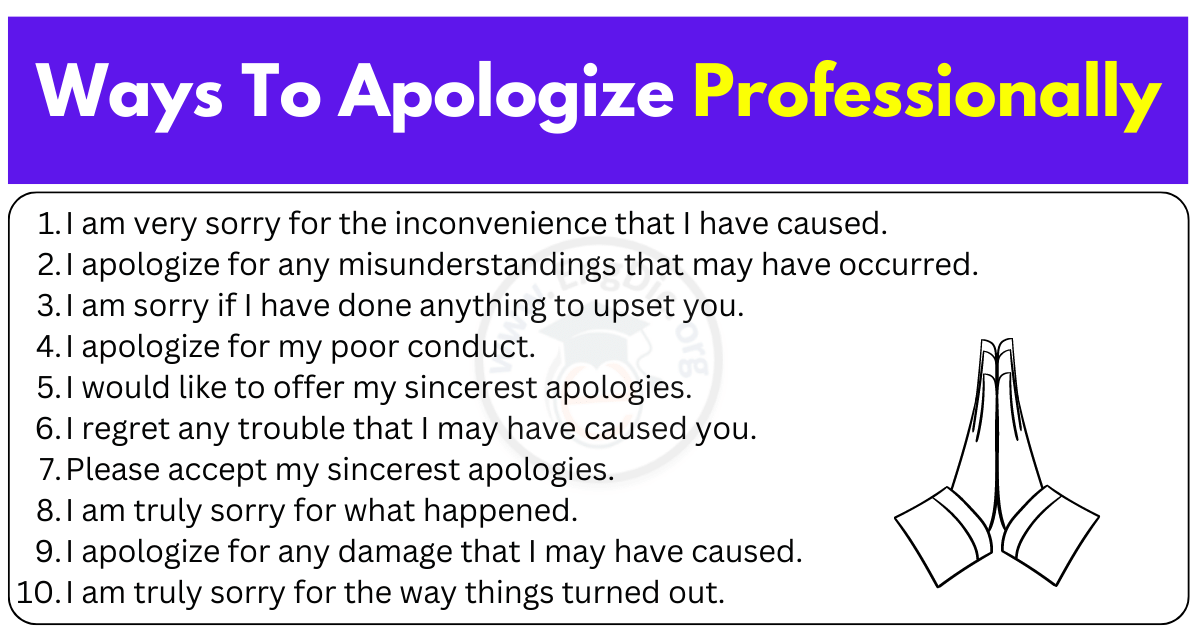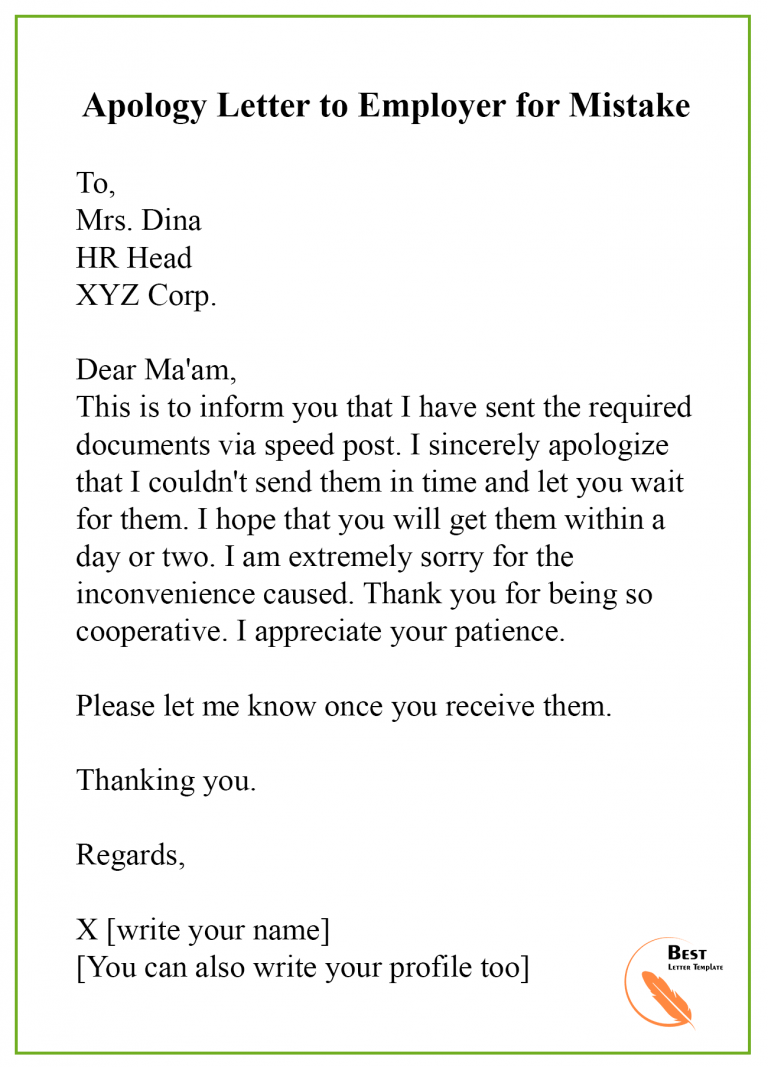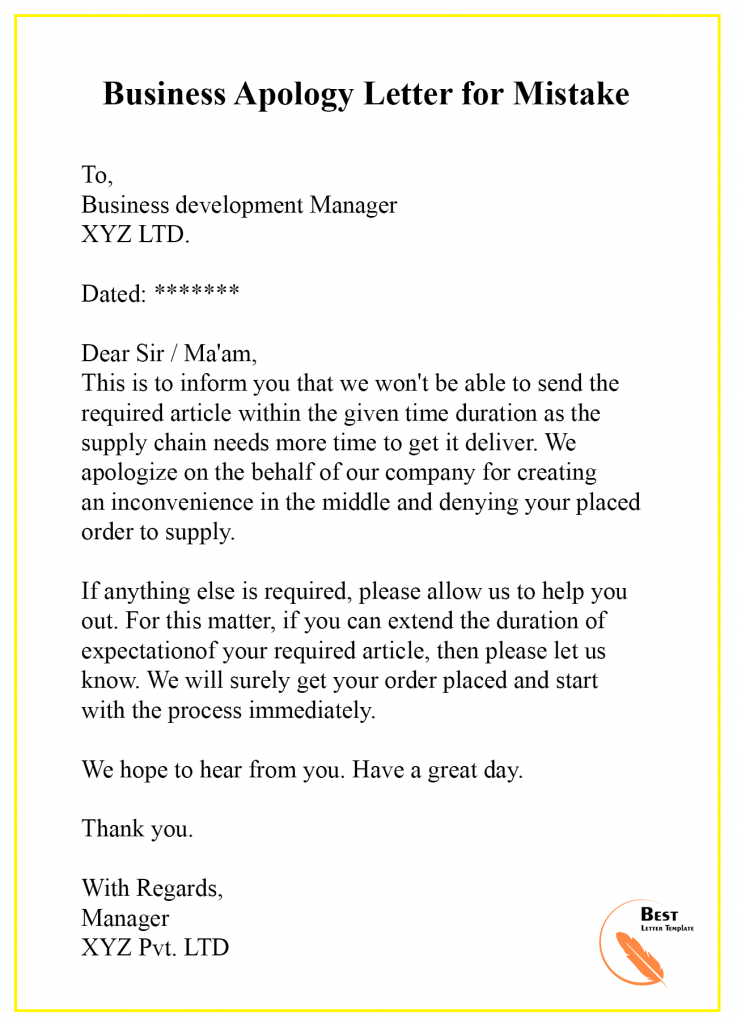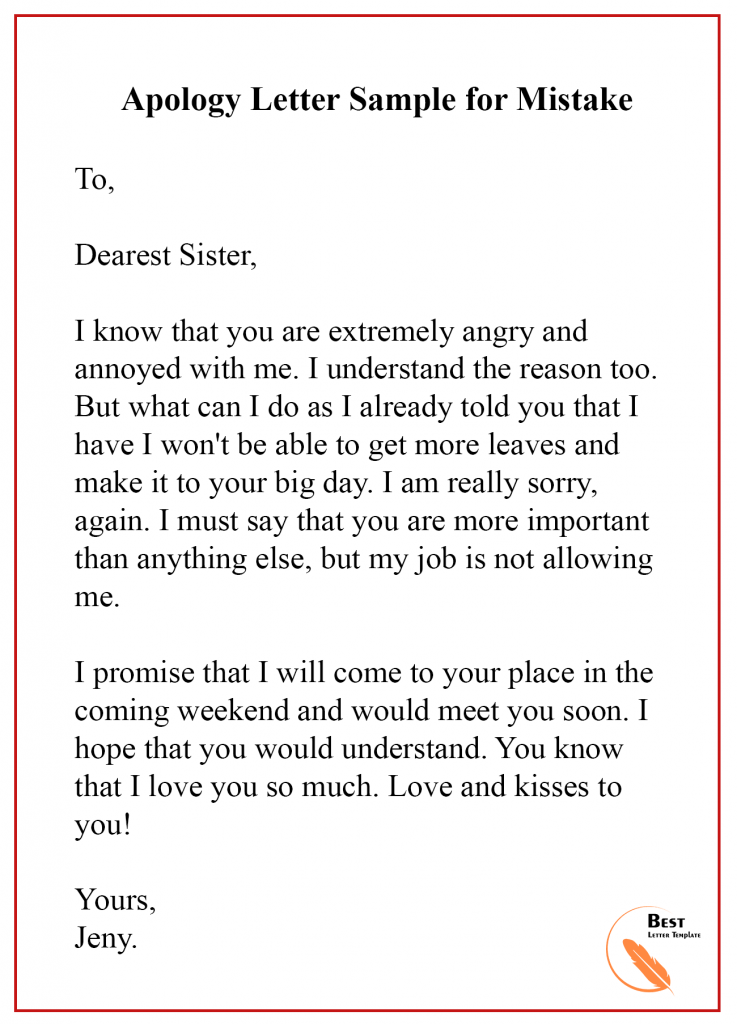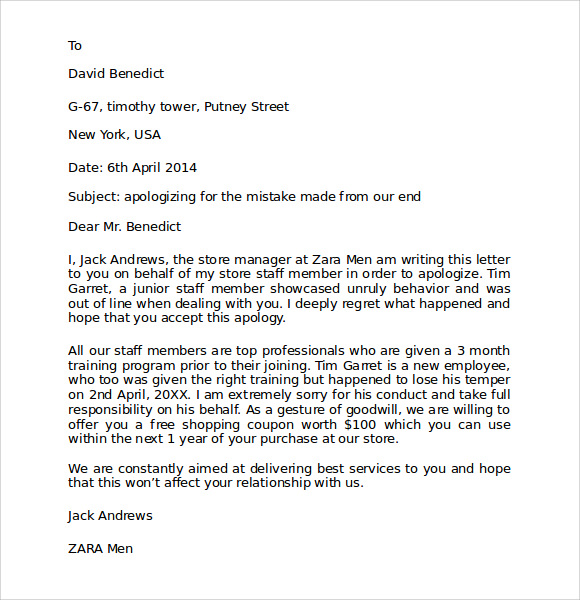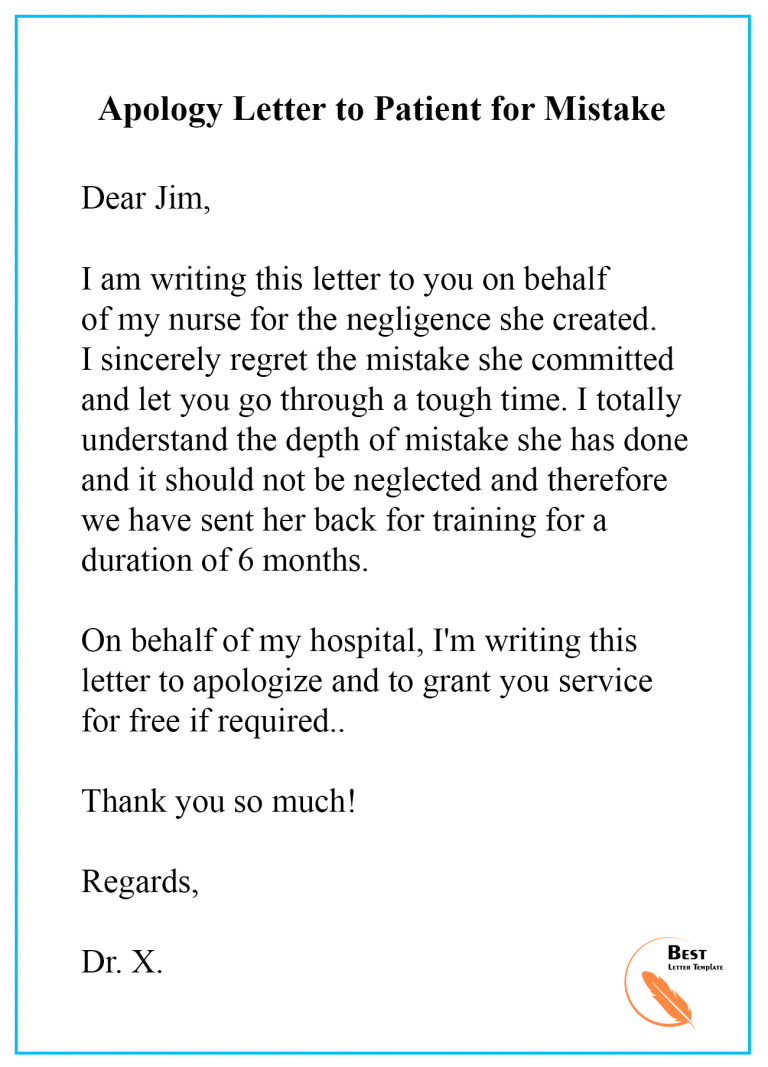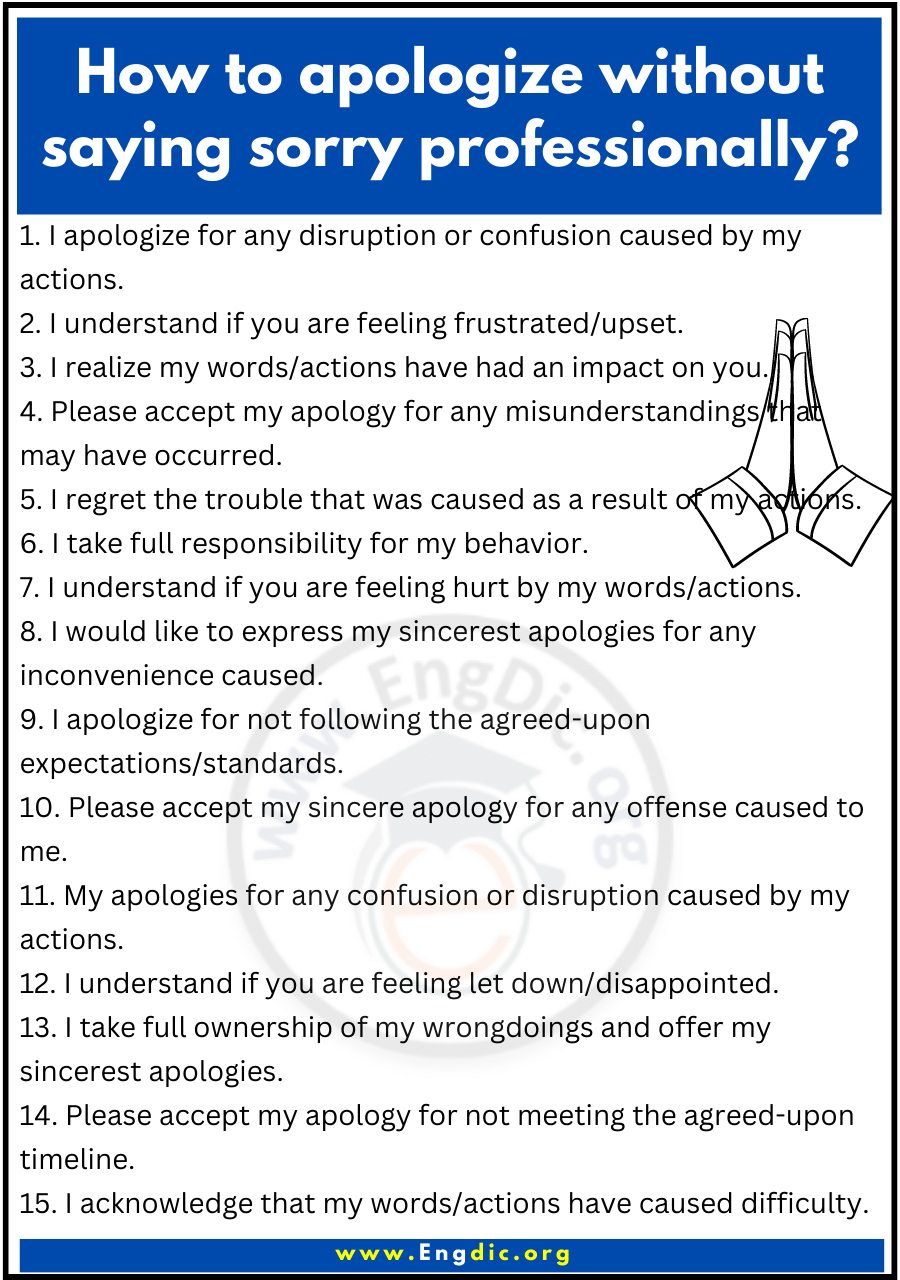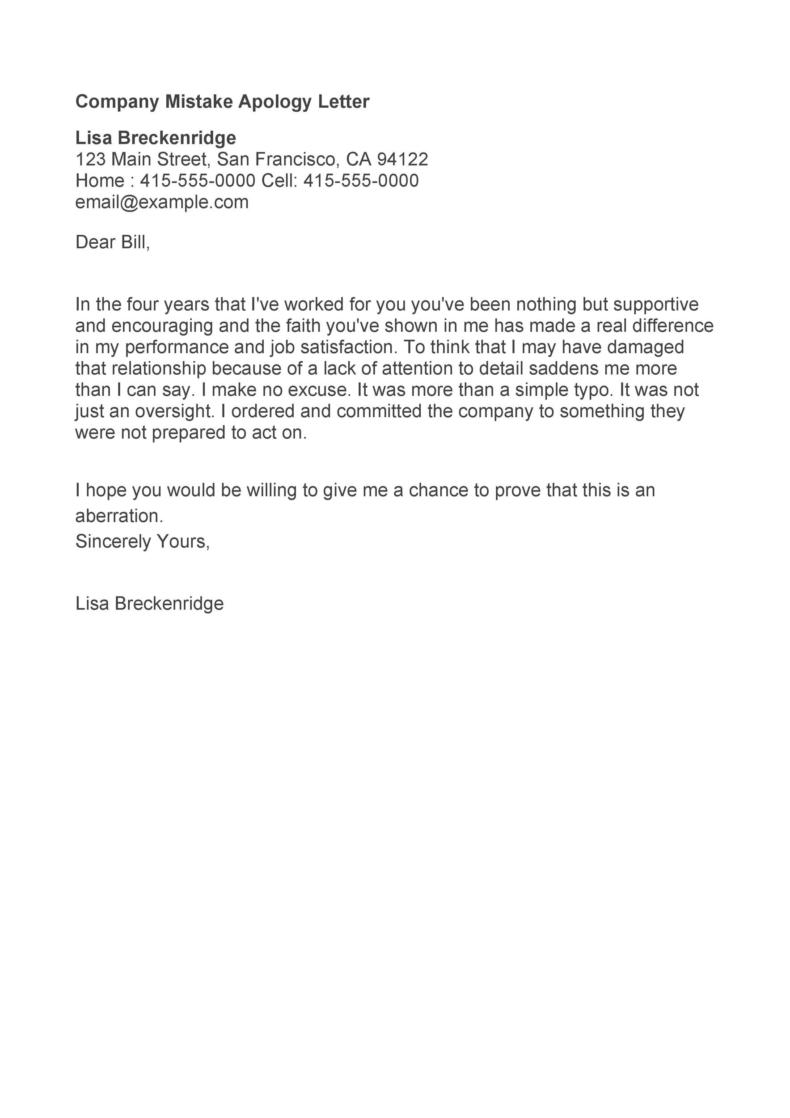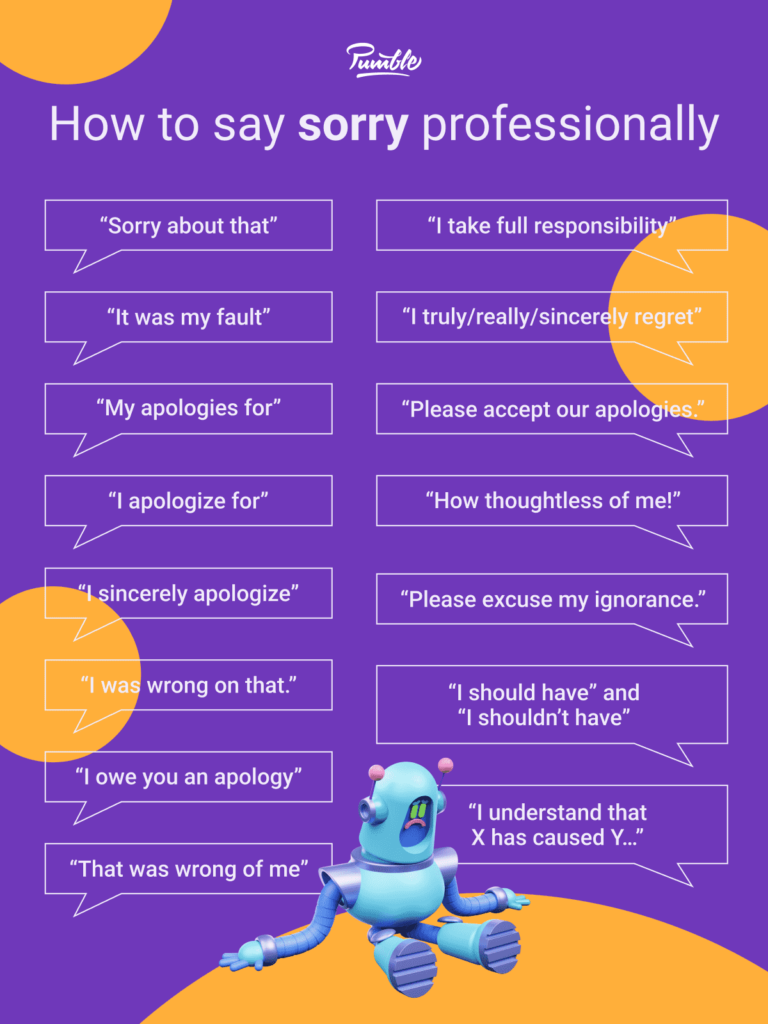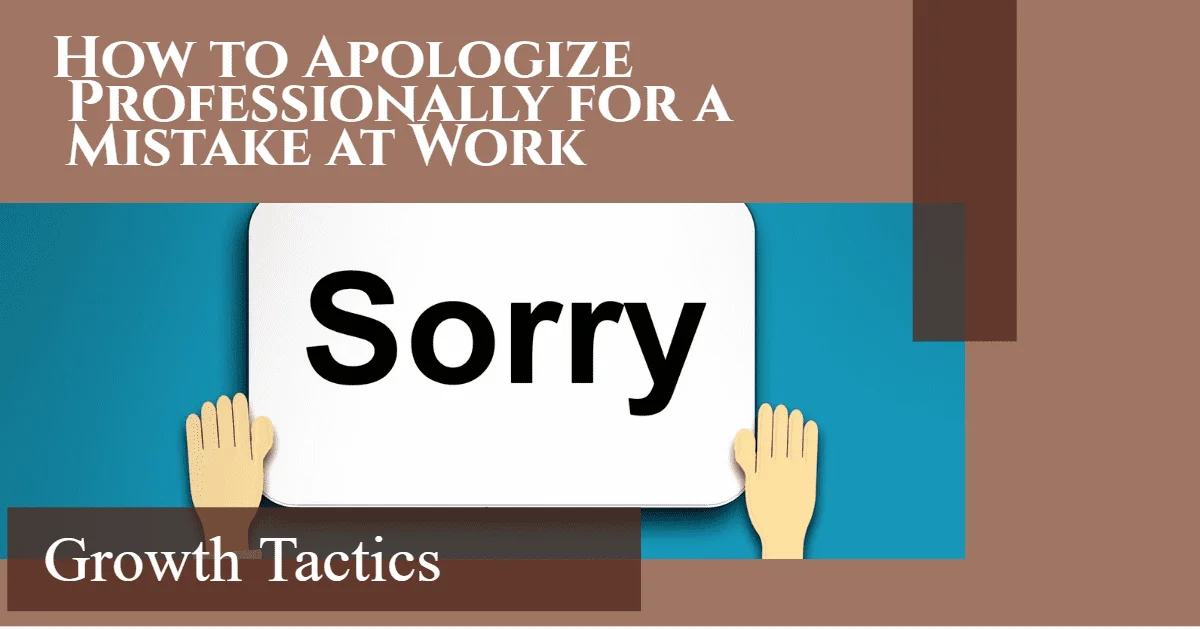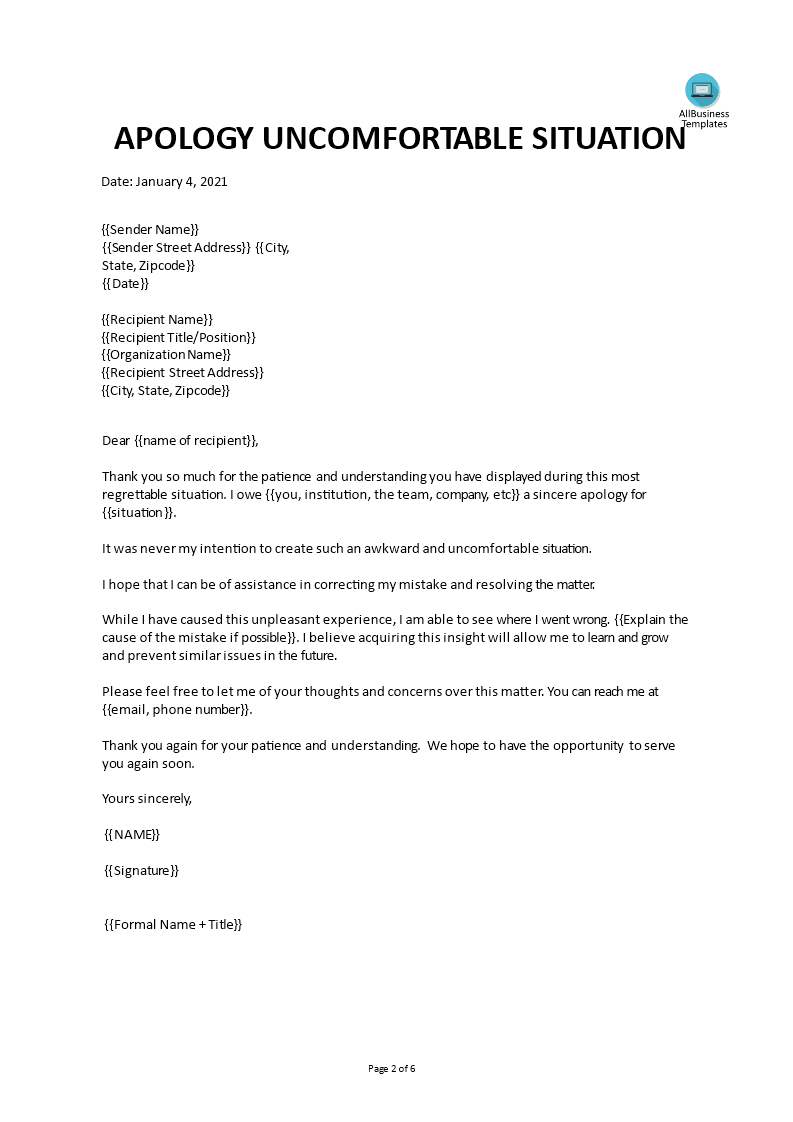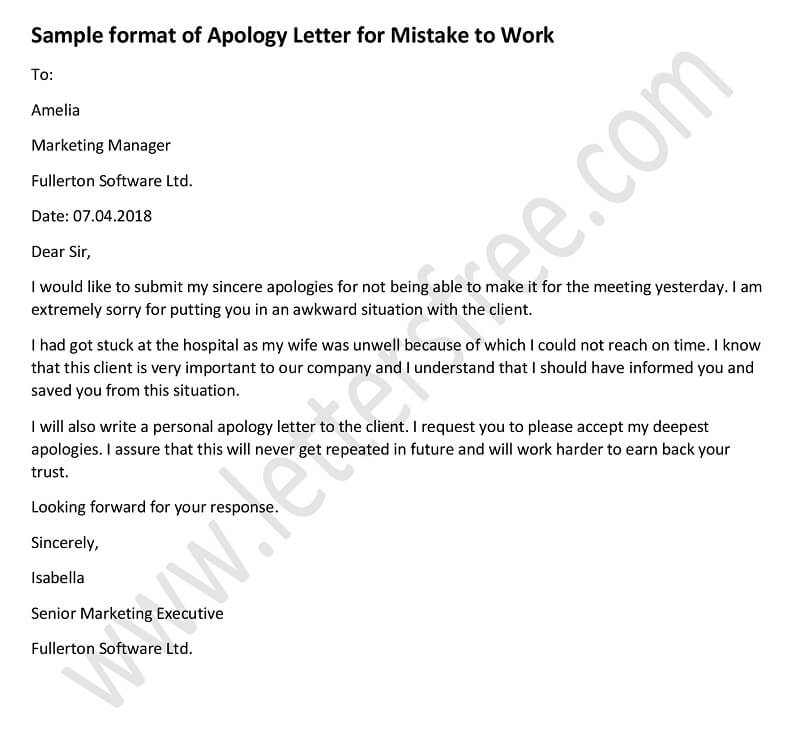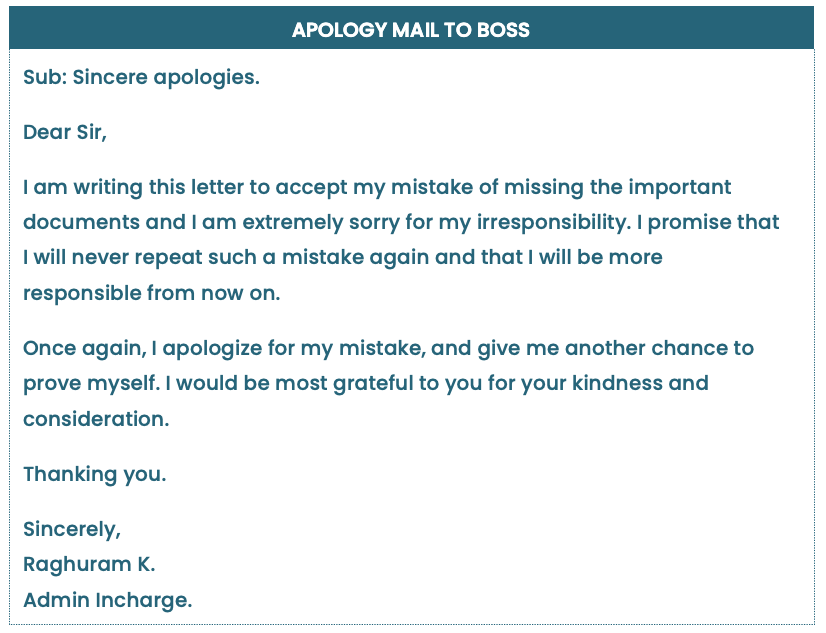How To Professionally Apologize For A Mistake
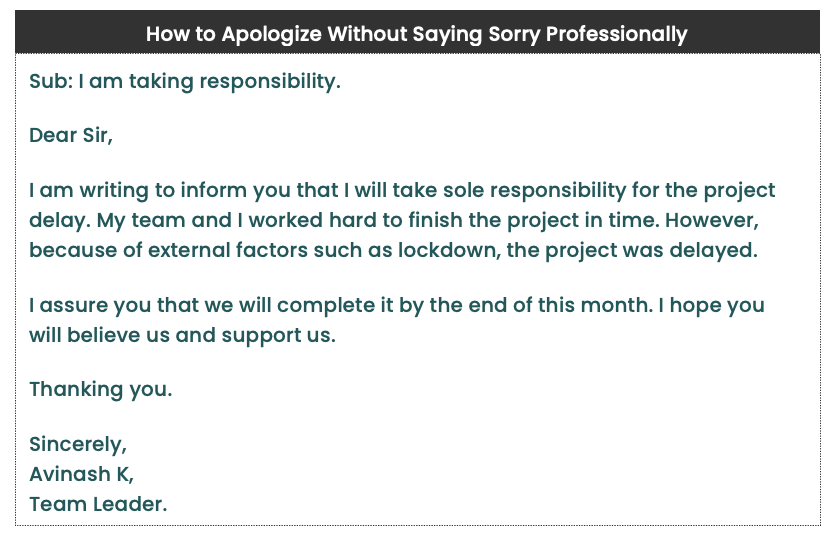
In an era defined by heightened scrutiny and instant communication, mastering the art of a professional apology has become an indispensable skill for individuals and organizations alike. A sincere and well-crafted apology can mitigate damage, rebuild trust, and even strengthen relationships. Conversely, a poorly executed apology can exacerbate the situation, leading to further reputational harm and legal ramifications.
This article explores the key elements of a professional apology, drawing on expert advice and best practices to provide a comprehensive guide. Understanding the nuances of effective communication in the face of mistakes is crucial for navigating the complexities of today's professional landscape. Whether it's a minor oversight or a major blunder, knowing how to apologize effectively can make all the difference.
The Core Components of a Sincere Apology
A genuine apology goes beyond simply saying "I'm sorry." It requires a multi-faceted approach that demonstrates accountability, empathy, and a commitment to rectifying the situation.
First and foremost, accept responsibility for the mistake. Avoid making excuses or shifting blame onto others. Acknowledge your role in the situation and own up to the consequences of your actions.
Next, express remorse and sincere regret. Let the injured party know that you understand the impact of your actions and that you are truly sorry for the harm caused. This is not just about saying the words but conveying the emotions behind them.
Then, offer restitution. What can you do to make amends for the mistake? This might involve offering a refund, correcting the error, or taking steps to prevent similar incidents from happening in the future. The goal is to demonstrate a willingness to fix the problem and restore trust.
Avoiding Common Pitfalls
While the intention behind an apology may be genuine, certain phrases and approaches can undermine its effectiveness.
Avoid using conditional language such as "I'm sorry if anyone was offended." This type of statement implies that the offense lies with the recipient, rather than the perpetrator. Instead, take ownership of your actions and apologize for the specific harm caused.
Similarly, refrain from using the phrase "I'm sorry, but..." This conjunction often signals an attempt to justify or minimize the mistake, which can negate the sincerity of the apology. A direct and unambiguous expression of remorse is always more effective.
Finally, avoid making promises you cannot keep. Do not offer solutions or assurances that are unrealistic or beyond your control. This can erode trust further if you fail to follow through on your commitments.
Delivering the Apology: Channel and Timing
The method of delivery and the timing of the apology can significantly impact its reception.
For minor infractions, a verbal apology may suffice. However, for more serious mistakes, a written apology may be necessary to document the acknowledgment of wrongdoing and the commitment to corrective action. Consider the recipient's preferences and the severity of the situation when choosing the appropriate channel.
Timing is also crucial. Apologize as soon as possible after the mistake has been identified. Delaying the apology can create the impression that you are indifferent to the harm caused or that you are trying to avoid accountability. Prompt action demonstrates sincerity and respect.
The Power of a Well-Crafted Apology
A well-executed apology can transform a potentially damaging situation into an opportunity for growth and strengthened relationships. By accepting responsibility, expressing remorse, and offering restitution, individuals and organizations can rebuild trust and demonstrate a commitment to ethical conduct.
According to a study by the Harvard Business Review, customers are more likely to remain loyal to a company that makes a mistake and apologizes sincerely than one that never makes a mistake at all. This highlights the importance of viewing mistakes as opportunities for building stronger connections with stakeholders.
In conclusion, mastering the art of a professional apology is an essential skill for navigating the complexities of the modern world. By understanding the key components of a sincere apology and avoiding common pitfalls, individuals and organizations can mitigate damage, rebuild trust, and foster stronger, more resilient relationships.

